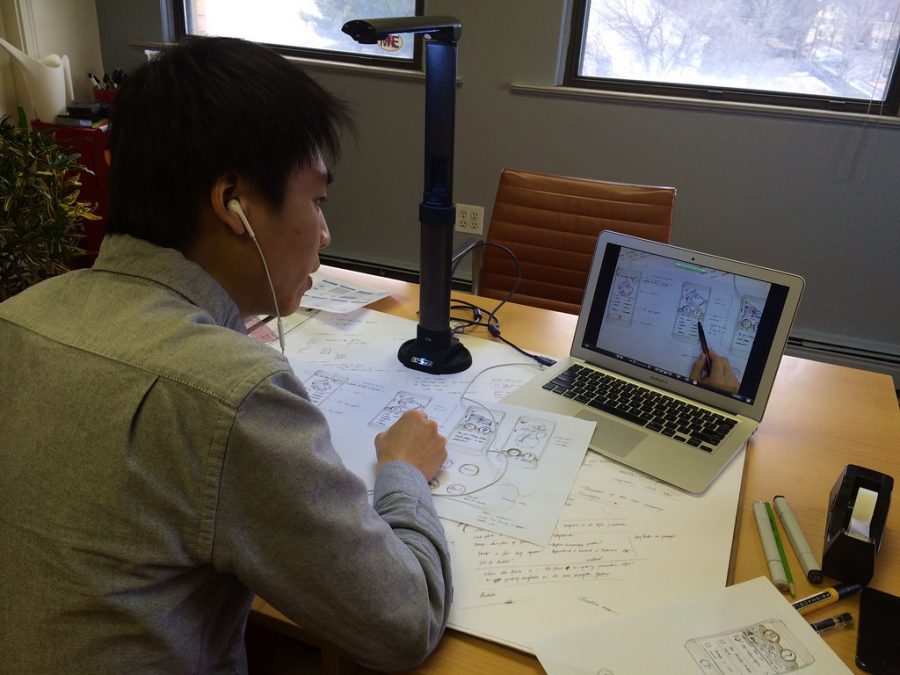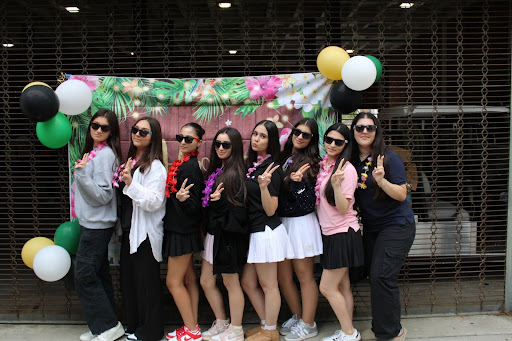Students face unprecedented challenges during remote learning
Students have been exposed to remote learning for quite some time now, but challenges still prevail.
As the COVID-19 pandemic has unfolded, students across the country have been exposed to remote learning for an extended period of time now and it almost seems like learning independently from home is the new normal. Junior Jannice Rigor said that the change from in-person academic instruction to remote learning have caused her motivation and focus to diminish, much like that of millions of other students around the world due to the ongoing health hazard.
“The number one challenge is not having a real school to make me or others take school seriously. Although it seems like a dream to work from the comfort of my home or even my bed, and not have to see so many people, I can hardly focus and I don’t like how my assignments are all digital,” Rigor said. “I get so much more work than I would have gotten.”
Teachers all over the country have been using a variety of methods to continue instruction. However, for some students, the alternative learning methods are not sufficient or as effective as in-person learning. ”It’s especially stressful when all teachers have a different way of teaching. Some choose to do Zoom calls, some just leave us alone with videos,” Rigor said. “Maybe that’ll work for some people, but I don’t have the same guidance as I used to and I’m sure people are just not as engaged anymore when there’s no supervision and we are left with books.”
Preparation for the modified AP exams has also been challenging for students during the pandemic. “I think it is more stressful now since we need to almost rely on ourselves to keep track of our own time during the test,” said junior Anush Apinyan. “Not to mention, it’s become almost like a self-study session since I mostly need to rely on myself to prepare myself for this completely different type of examination.”
AP exams have been modified from the over three-hour long written exam with multiple parts to an exam 45 minutes in length with either one or two free response questions that cover material that would only have been taught in classrooms before the pandemic forced schools to shut down. Unfortunately, the first week of remote AP testing saw technological issues in which thousands of students were unable to submit their responses. As a response, the College Board offered an alternative way of turning in responses by email to safeguard form glitches.
“Although it’s great that the exams are shorter, it’s a little difficult to be by yourself during this time since,” Apinyan said. ‘Although teachers are doing all that they can to help us, students need to ensure that we prepare ourselves for a complete online test, not the written one we’ve become used to.”

Hobbies/interests: Listening to music, watching movies, and making miniature models
Fav artist: Juanes and Lady Gaga
Movie you never get tired of...









